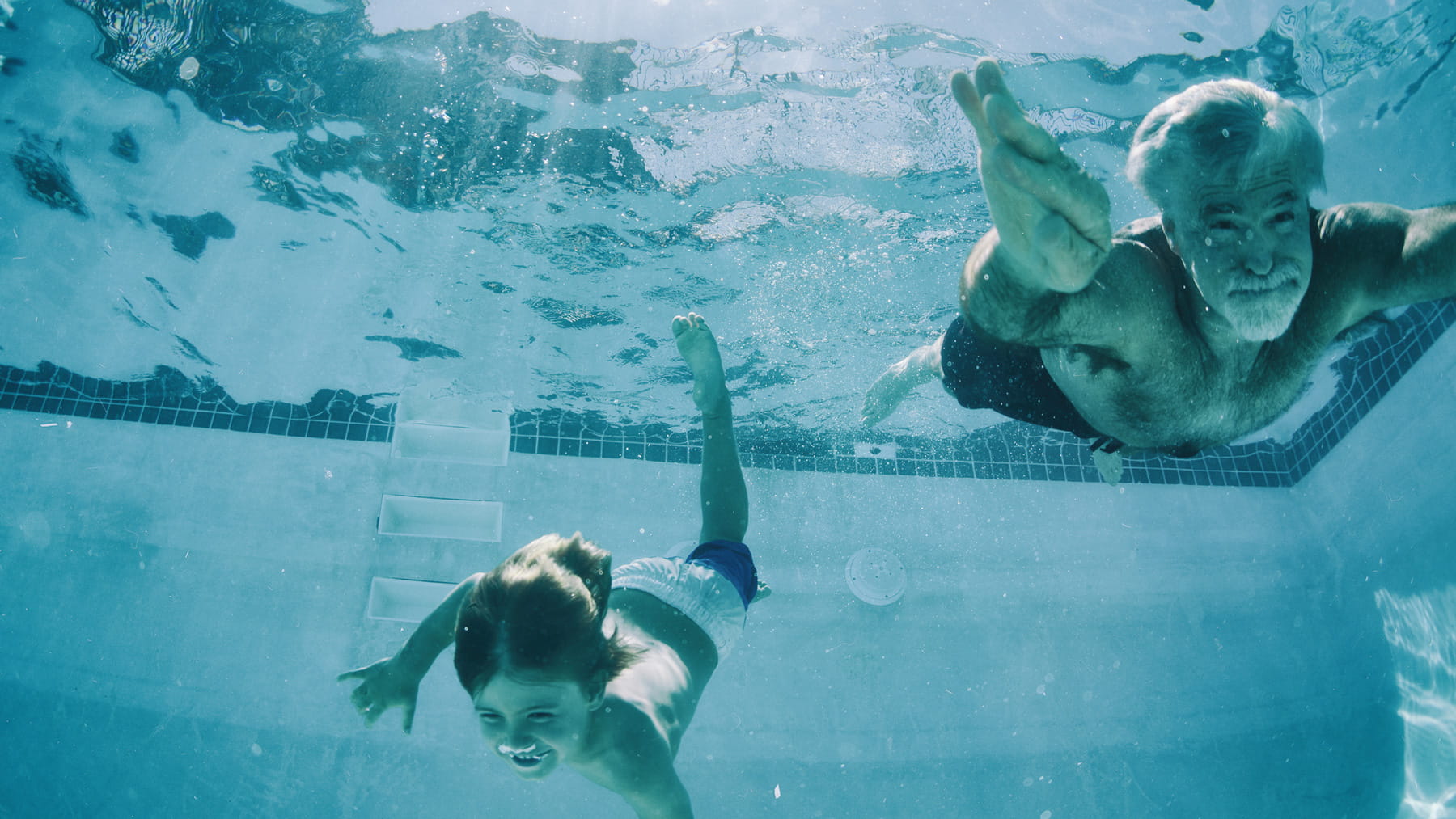Can You Hold Your Breath Until You Die
What happens when you hold your jiff?

If y'all watched illusionist David Blaine sail via balloons into the lofty heights of commercial air space in early September, you might recall that he once held his breath for more than 17 minutes.
Does that seem safe in whatever mode? (Or even possible?) In general, what happens to our bodies when we try to hold our breath?
That depends on our ain bodies and, evidently, the length of time nosotros try to do it. When we hold our breath for brusque durations, our bodies are equipped to make short-term compensations to continue all the organs working and all the functions continuing.
In a simplified sense, our bodies are fabricated of millions of microscopic cells that are like batteries with salt solutions separated past films, or barriers. The move of these salts across the barriers generates charge. That free energy is the essence of life that allows the cells to talk to each other and maintain all the bodily functions.
When we hold out breath for long durations, oxygen levels subtract and carbon dioxide accumulates in the body. That changes the concentration of costless hydrogen ions, which makes these cells more excitable, leading to aberrant functions.
For about people, it'southward safe to hold your breath for a minute or 2. Doing so for also much longer can decrease oxygen catamenia to the brain, causing fainting, seizures and encephalon damage.
In the heart, a lack of oxygen tin crusade abnormalities of rhythm and affect the pumping activity of the heart. It tin impairment your kidneys and liver also.
Let's discuss what this action does to our brain. The brain has a trillion neurons—specialized collections of nervus cells—and is an extremely energy-dependent organ. When we hold our breath, the carbon dioxide that accumulates is soluble and crosses the blood-brain barrier.
In that location are certain parts of the brain that control respiration, or breathing, which are exquisitely sensitive to pH, the concentration of costless hydrogen ions in blood. When the brain senses the change in pH due to increased carbon dioxide, it increases our respiratory drive instinctively to get more oxygen and blow out more carbon dioxide in an attempt to restore the normal residual betwixt oxygen and carbon dioxide. When this protective machinery is absent-minded or disrupted, people can faint, take seizures or suffer encephalon injury.
That's why our bodies naturally resist our desire to hold our breath. W east're all given strong drives to exhale, and the brain is constantly monitoring and makes quick adjustments to prevent catastrophes.
Sure native populations living loftier up in the mountains, such equally people living in the Himalayas, Andes and Rocky mountains, take over the years developed a higher tolerance, every bit the air is thin and oxygen is at lower concentration at these altitudes.
Y'all also see professionals such equally abyssal divers who practice breathing techniques to help them perform jobs in which they'll meet a lack of oxygen. These techniques shouldn't be practiced by inexperienced people, specially children who might be fascinated by the thought of holding their breath.
Why bother? Just breathe in the fresh air. It's i of nature's blessings.
Kiran Rajneesh is director of the Neurological Pain Division in the Department of Neurology at The Ohio Country University Wexner Medical Center. He'due south as well part of the Comprehensive Spine and Pain Centers in the Neurological Establish at The Ohio State University.
Source: https://wexnermedical.osu.edu/blog/what-happens-when-you-hold-your-breath
Publicar un comentario for "Can You Hold Your Breath Until You Die"